
In case you missed out on one of the hottest shows on Prime Video, I suggest you check out The Boys. Based on the comic book of the same name by Garth Ennis, The Boys is a superhero show that tries to imagine what superheroes would be like in the real world.
In the world of The Boys, superheroes are under the control of a corporation called Vought, which injects them from birth with a superpower-granting formula called Compound V and grooms them (with help from their parents) into becoming superheroes. The heroes in the show are therefore (to put it mildly) not the best people. The story follows a ground of powerless underground vigilantes as they try to take down Vought and its most dangerous superhero, Homelander.
Spoiler warning for those who have not seen the show.
How Superpowers can Exacerbate Real Problems
Other than Vought and its superheroes, the world of The Boys is exactly like our own. There are no other technological breakthroughs besides the ones that already exist. The zeitgeist is the same, with multiple references to Billy Joel and other contemporary artists and films. The politics is… mostly the same, but with corporate-controlled superheroes thrown in the mix.
In other words, every real problem today is made worse with the existence of Vought.
In the world of The Boys, civilians still get pulled over and searched without a warrant – only by all-powerful Supes on top of cops. In ‘Cherry’ (Season 1 Episode 2), Homelander pulls over Frenchie (a member of ‘The Boys’) for an illegal search. When Frenchie asks him for a warrant, the power-loving Supe even drops the cliché NSA line on him about no one having anything to fear as long as they have nothing to hide. In the real world, such scenarios between a civilian and a cop can quickly escalate to unlawful arrests and police brutality. It finally does in a later episode in Season 2 (‘The Bloody Doors Off’) when Homelander and his Nazi superhero girlfriend kill a robber in cold blood. Such scenarios beg the question of what would happen if cops had something akin to superpowers. The show suggests it would not be pretty.

The same can be said of foreign policy. Season 1 reveals that Vought has been selling Compound V to known terrorists in order to for Congress to allows American Supes in the military. For anyone even remotely familiar with the Military-Industrial Complex, the real-life parallel there is obvious. Starting with Season 2, Vought’s superheroes start being used in the military with disastrous effects. The corporation’s heroes rarely (if ever) operate independently and are instead deployed as soldiers of the state in places like Syria. In the process, they cause the same kind of collateral damage and bloodshed the American Empire causes in everyday life.
All of this is to say nothing of what the show’s superheroes do illegally. When a Baltimore mayor threatens to expose Compound V to the world, Homelander has the plane struck down to protect the company’s secrets. Later when Karl Urban’s character tries to save his wife from Vought, its CEO orders Black Noir (the show’s stand-in for Batman) to follow him and take him out. These are only a few examples of the way Vought’s shareholders and bureaucrats used their Supes as hired guns.
There are no union strikes or political protests in the show, but one scene in Season 2 (in ‘We Gotta Go Now’) shows us a glimpse of Homelander’s mind. As protesters gather around the Vought building to protest Homelander’s murder of a man overseas, Homelander begins to daydream of murdering the entire crowd with his heat vision. The scene serves as a reminder that Vought can crack down on and intimidate dissenting American protesters in a way that no real corporation or institution can.
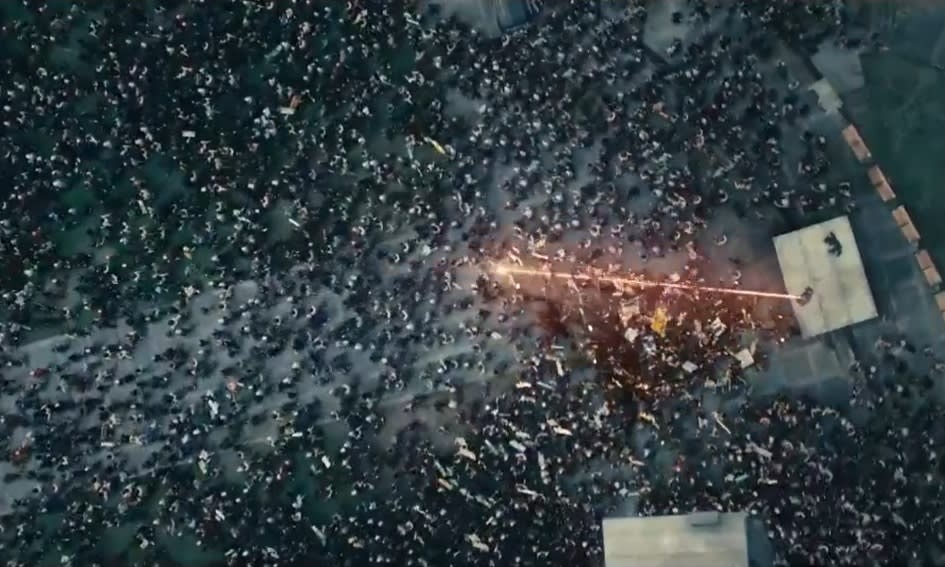
Thank God nothing like that can ever happen in the real world… or can it?
How Superpowers are Technically possible
You’re thinking: “This author doesn’t seriously think superpowers can exist, right? That’s so silly!!” I can almost see you giggling and rolling your eyes.
Before we get into the nitty-gritty details, let us remember that the line between science fiction and reality has always been blurred. If anything, the former has influenced the latter. Does that mean that someone as powerful as Homelander or even Starlight can exist? No. Can certain “powers” or power-mimicking technologies become real and usable? Let’s look at what the evidence says.
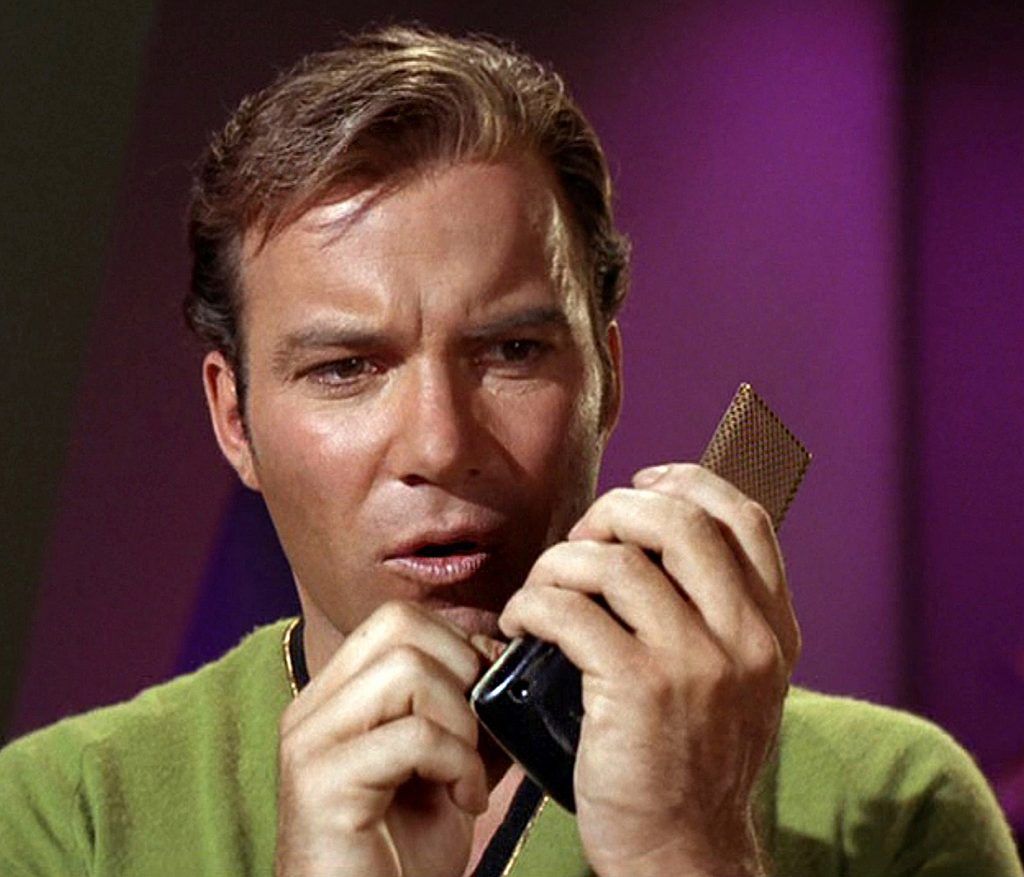
We know the military is working on exoskeleton suits that can “give” you superhuman strength. Superhuman strength is (to an extent) already possible thanks to the existence of exoskeleton suits as demonstrated in this video.
Some form of superhuman speed may also be possible. Here is some interesting research suggesting it can be accomplished via nerve stimulation:
“Researchers from China report that mice have the potential for “superfast muscles,” making them the mouse equivalent to Barry Allen. Identifying the muscle structure in mouse legs could help in creating future technology that assists in breaking the physical speed limits among normal human arm and leg movements.
In the animal world, superfast muscles are not uncommon. The wings in hummingbirds and tails in rattlesnakes have developed fast-twitching muscles — the same muscles athletes use for competitive sports like sprinting. When it comes to superfast muscles, however, there’s little human research on the topic. The only evidence of superfast muscles in humans is in the eye — where they control rapid eye movement.
Based on the findings, the study authors hypothesized that repeated stimulation of the nerves in mouse legs could eventually form superfast muscles similar to those that control eye movements. If we’re trying to dream big, this could be the start of a superhuman society where physical limits are a thing of the past.”
(Jocelyn Solis-Moreira, 2023) [1]
Putting aside the idea that we are anywhere close to a superhuman society (I’ll believe it when I see it), the researches make an interesting point that what we refer to as “superpowers” already exist in the animal kingdom. Several animals (e.g. gorillas and tigers) already have what we would call “superhuman” strength: the ability to lift significantly more than your average human. Many species of ants can also lift significantly more than their weight.

So we got superhuman strength and speed to our list of “maybe possible superpowers”. What about some of the other Superman/Homelander-esque powers like, say, x-ray vision? Rest assured, the military already has it, even directly comparing theirs to Superman’s:
“Superman had X-ray vision. Now, so does the US military, in the form of an X-ray gun that can see through fabric, rubber and aluminum to find drugs, money, explosive liquids and even people. The recently released X-ray gun is the first device of its kind that a soldier or would-be superhero can hold in her hands. It’s about the size of a breadbox and works with the press of a button, allowing the user to actually see the outline of organic material buried behind cloth, leather or even aluminum by running the X-ray gun over the material and zapping it with low-level X-rays.
At a recent demonstration, the device could see through boxes, bags, car seats and airplane wings to reveal various organic compounds—everything from bricks of simulated cocaine to paper, ammonia and other potentially explosive materials. Even a handful of grapes.”
(Patrick Tucker, 2014) [2]

The only flaw of the article is that it is dated since, fun fact, the technology now also comes in goggles.
Super strength, speed, and x-ray vision… Sounds a lot like an iconic cape-wearing character, doesn’t it? Add heat vision to all the powers we discussed so far, and you kind-of-sort-of got yourself a real Superman. Or a real Homelander. Or a bunch of Homelander-wannabe police officers and soldiers working for the state, depending on how these breakthroughs will be utilized.
So far we have mostly focused on technological advancements, but what about biological ones? Apparently, thanks to genetic editing technologies such as CRISPR, that too may someday be possible – not just in humans but especially in human embryos:
It is now possible to edit genes of diverse organisms — almost like we edit a string of text — by cutting and pasting (splicing) genes at desired locations. A recent technology known as CRISPR (clustered regularly interspaced short palindromic repeats) allows for the targeted control over cellular organization, regulation and behavior.
…
Last month, Chinese scientists… used the technology to edit the genome of human embryos… The problem is that such modifications, being made at the genetic level, are inheritable by future generations. As such, it could in principle cure genetic diseases but it also could be used to essentially redesign a family line — not just by curing diseases, but by adding desirable aspects (athleticism, intelligence, good looks) while erasing undesirable ones (you can come up with your own list).
…
The ethical and political implications of such technologies bring to life the specter of an extreme form of eugenics. It allows individuals to decide how to enhance their descendants — essentially eliminating chance from the generational transmission of genetic traits — and for countries to improve their population by imposing programs that encourage not just the selective choice of intelligence and athleticism of its subjects but also, in dictatorial regimes, their obedience, conformity and risk aversion. The possibilities are as promising as nightmarish.
Farther ahead, the technique could also include designed genes — that is, genes that are not naturally occurring but that have been artificially designed to add a certain characteristic to a human or animal. Whales could be “uplifted” to acquire human cognitive abilities, or humans to grow wings. This sounds very far-fetched right now, but so did a technology like CRISPR 20 years ago.
(Marcelo Gleiser, 2015) [3]
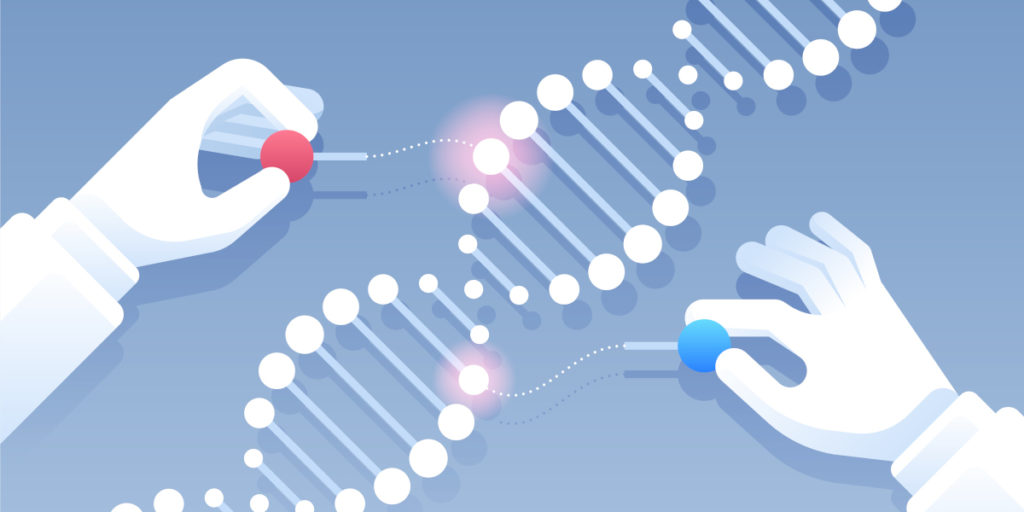
(Unfortunately, the different ways CRISPR technology could potentially enhance humanity is too long to list in one article, but includes potentials such as genetic immunity. For more information and sources on how this technology can be used, I recommend checking out the r/Futurism and r/Transhumanism subreddit communities on Reddit.)
I do not claim to be an expert on this issue, nor do I intend to cause moral panic of the potential of these breakthroughs. I only intend to point out that what we call “superpowers” seem subject to the same blurry line between science fiction and reality that exists in all science fiction. Superpowers are therefore no different than artificial intelligence (A.I.) and other science fiction concepts that once seemed less “real”.
Does that mean we are doomed to a future identical to the world of The Boys?
Why ‘The Boys’ Feels Bleak
The Boys was at first one of the most depressing experiences I had with a superhero show, but not because its superheroes are evil. Contrary to popular belief, evil corporate and state-controlled superheroes are commonly found throughout the genre:
- Frank Miller’s Daredevil: Born Again introduced Nuke: a pill-enhanced soldier that did the bidding of the military and is the antithesis of Captain America.
- Mark Gruenwald’s Captain America run introduced John Walker / U.S. Agent: another antithesis to Captain America who is similar in attitude to The Boys‘ Soldier Boy.
- The Marvel event Dark Reign introduces the Dark Avengers led by Norman Osborn as the Iron Patriot, while many of the original Avengers are in hiding – a scenario not very different than the one between The Seven and Billy Butcher’s team.

What makes the world of The Boys feel bleak is its lack of independent superhumans to balance the corporate and state-controlled ones. Watch how every one of the above examples gets perverted with bleakness once you remove the actual superheroes from the equation:
- In a world where every superhuman in controlled by Vought, no one can protect a community from a hit carried out like in Born Again. The paid hit that the Kingpin dreamed of accomplishing if not for Daredevil? Vought’s Stan Edgar can accomplish. The kind of chaos that Nuke wanted to unleash on Hell’s Kitchen? In The Boys, Blue Hawk can brutalize black communities like that with ease.
- In a society where the rich use their connections to get ahead, no good-hearted working-class man like Steve Rogers would be selected for a Super Soldier program – only jingoistic men like Soldier Boy who come from one of the richest, most powerful families in America.
- In a world where only a single corporation has access to something like Compound V, the heroes laying low and waiting for the moment to strike are nothing like the Avengers in Dark Reign – instead they are powerless men and women (with the exception of Kimiko) struggling to find ways to take down the costumed superpowered bad guys that significantly outmatch everyone… and barely making it out alive most of the time.

In one of the early episodes in Season 3, Homelander taunts one of his victims that there is “No God in the sky, just [him].” And he is right. In a world where superhuman and superhuman-mimicking technologies exist but are privatized and under corporate control, there is no real challenge to him or to Vought. The world of The Boys therefore feels especially bleak and hopeless in a way that no other superhuman world (or even our “normal” world) does.
Avoiding ‘The Boys’
Should superhuman or superhuman-seeming abilities ever go the way of Star Trek tech and fully dip their toe into the real world, it ought to come with the same considerations as to who owns them that we give to A.I. and automation technologies. Otherwise, we are bound to create a world no different than the one we have now, but with all of our current inequalities exacerbated and made worse.
It’s also possible that nothing even close to a human with so-called superpowers will ever exist, and in that case this article was therefore a total waste of time. Regardless, pursuing the science of superpowers in the real world without considering the elephant in the room that is privatization is basically looking at The Boys and saying “I want to make that happen.”
References
- Solis-Moreira, J. (2023, February 18). Superhuman speed on the horizon? Discovery in mouse muscles could make it reality. Study Finds. https://studyfinds.org/superhuman-speed-on-the-horizon/
- Tucker, P. (2014, June 23). The US military now has X-ray vision. Quartz. https://qz.com/224766/the-us-military-now-has-x-ray-vision
- Gleiser, M. (2015, July 1). Designing Superhumans. NPR. https://www.npr.org/sections/13.7/2015/07/01/419136245/designing-superhumans
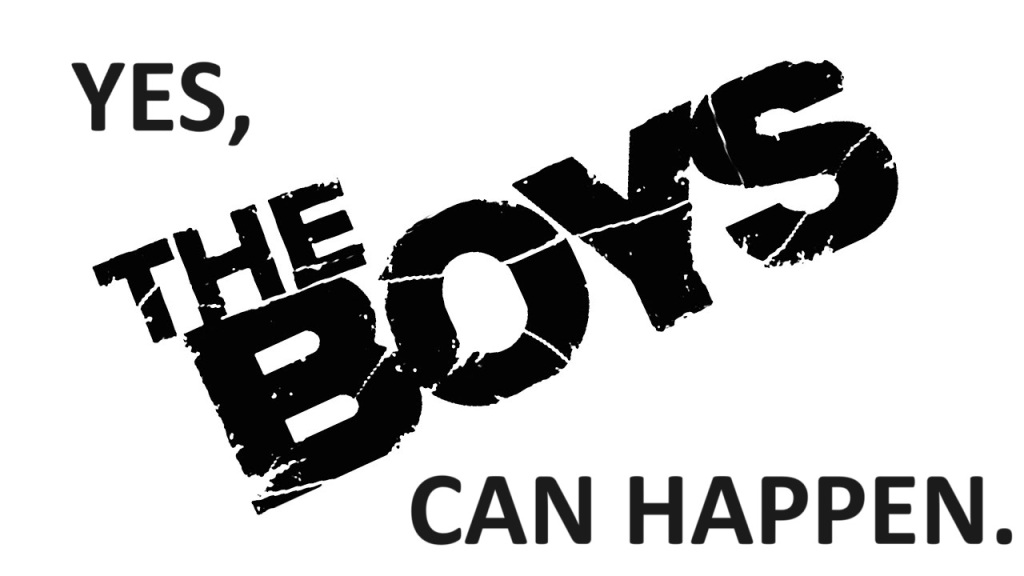
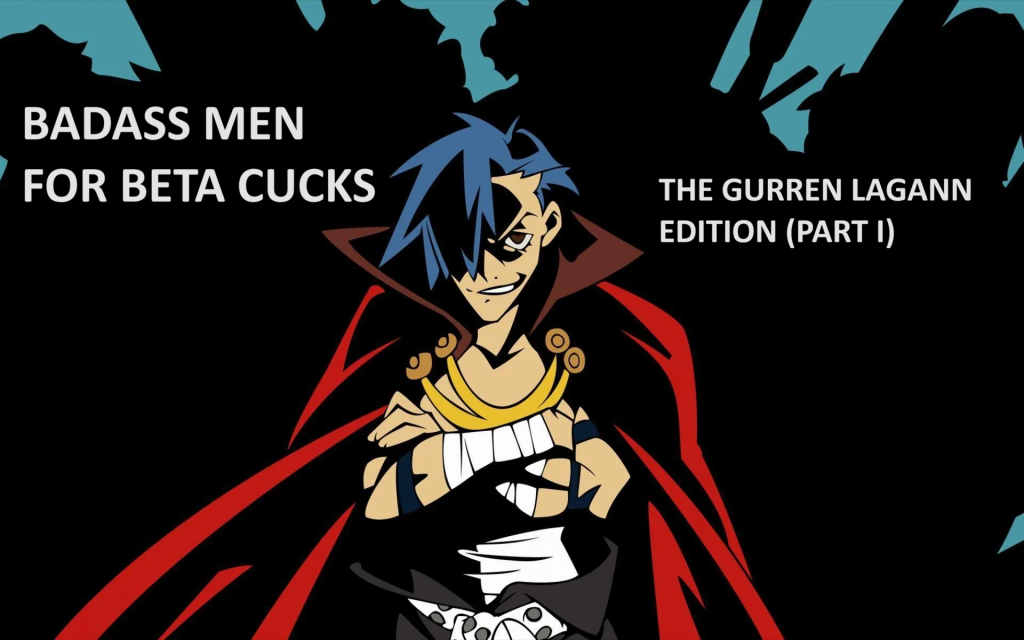
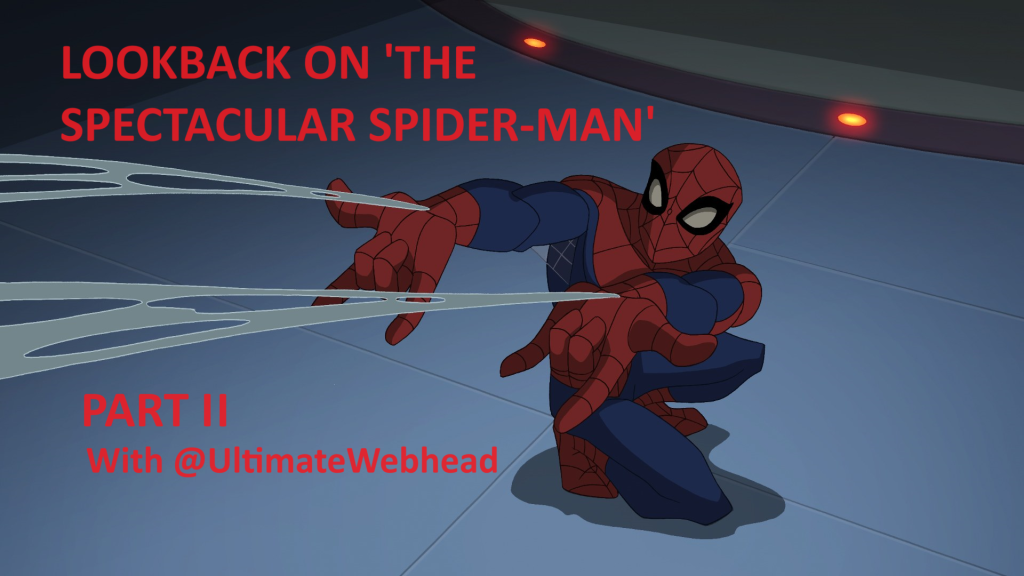
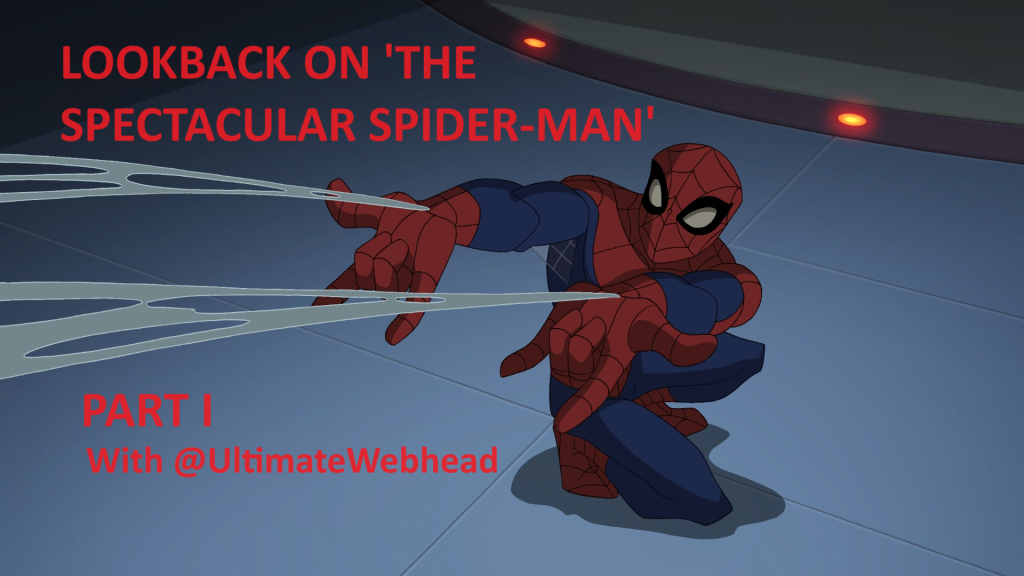
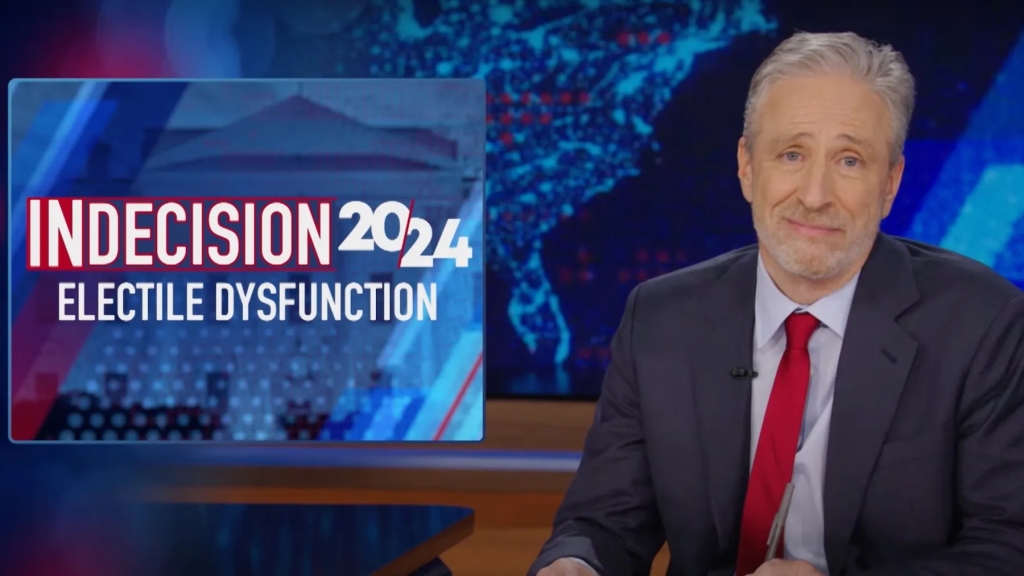
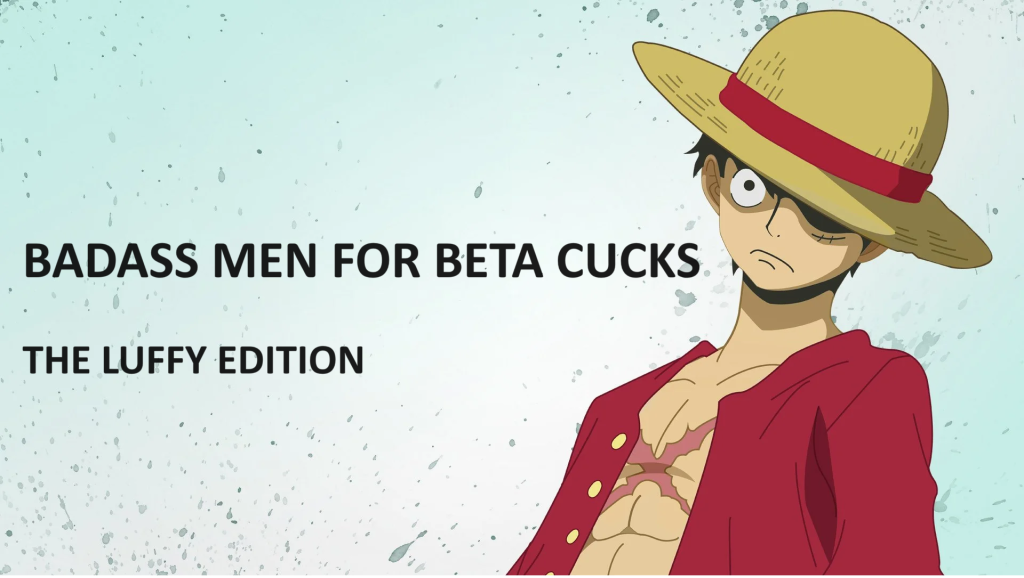
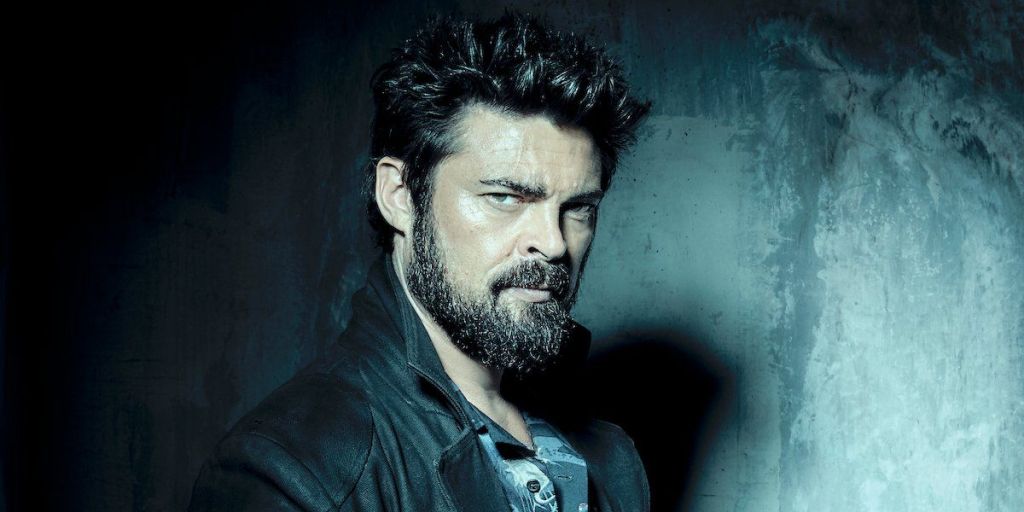
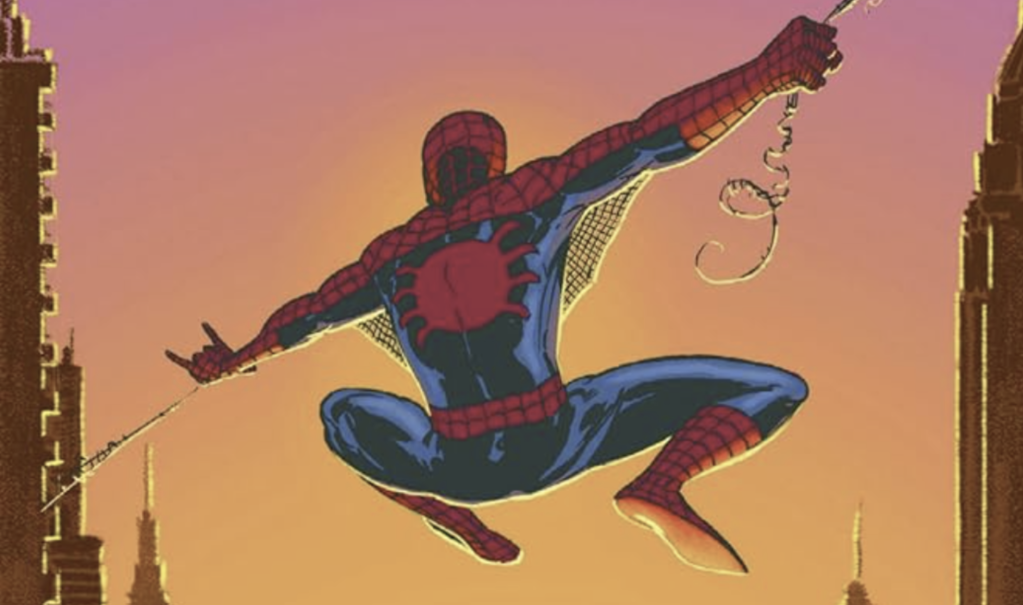
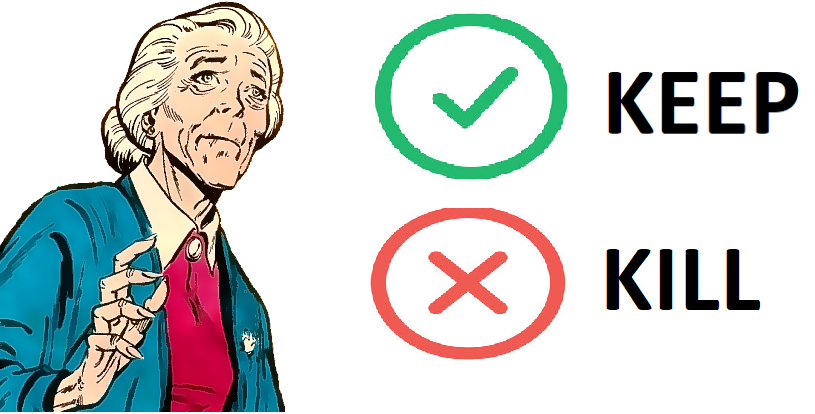
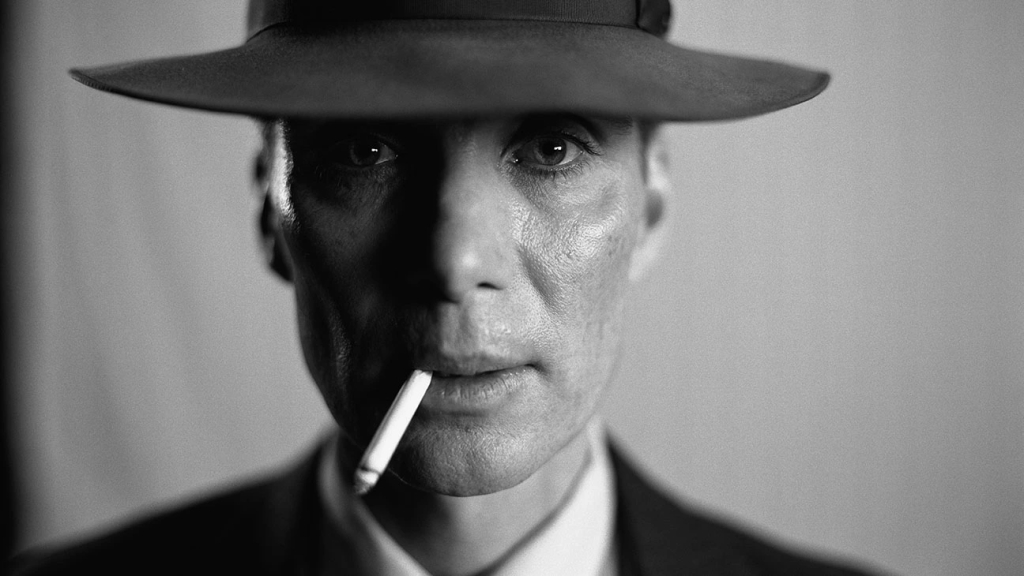
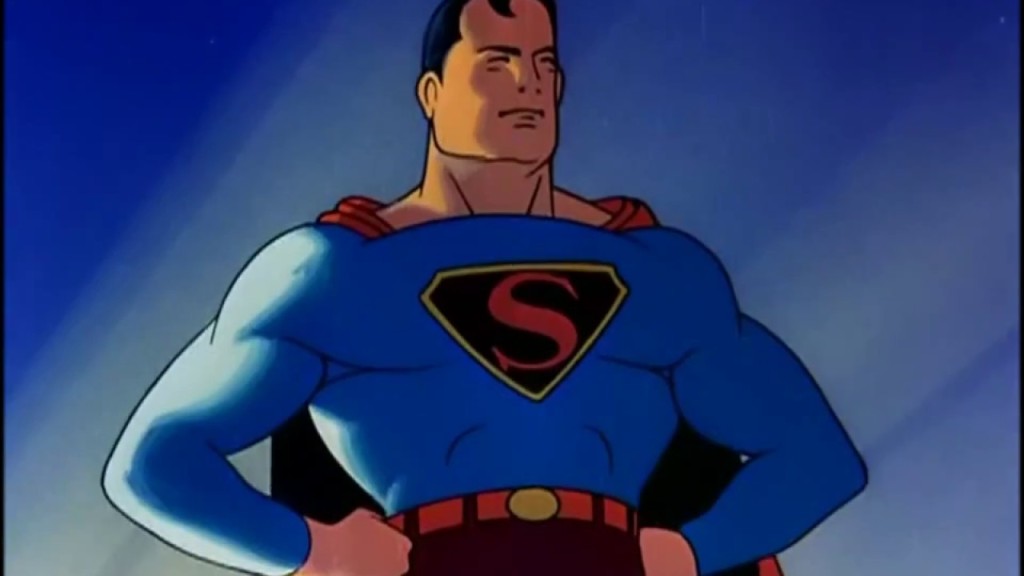
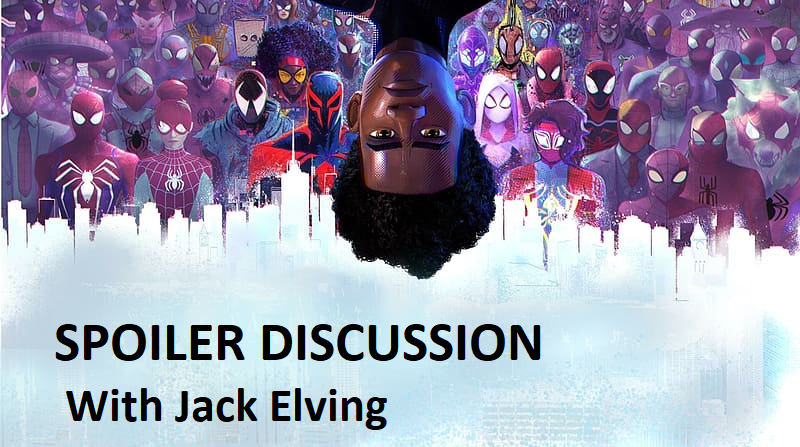
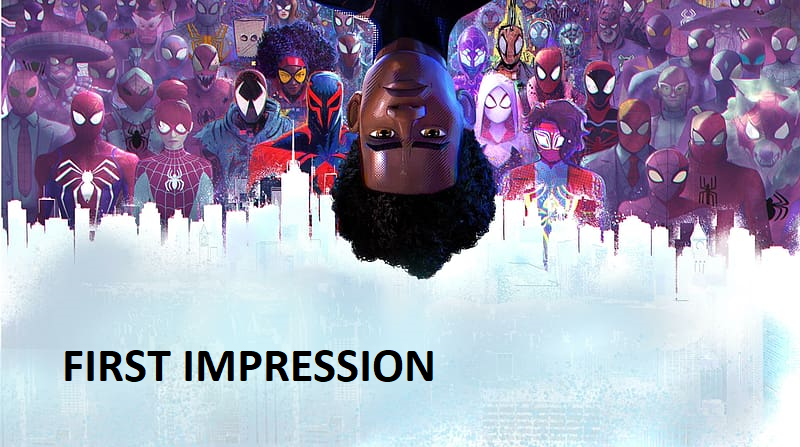
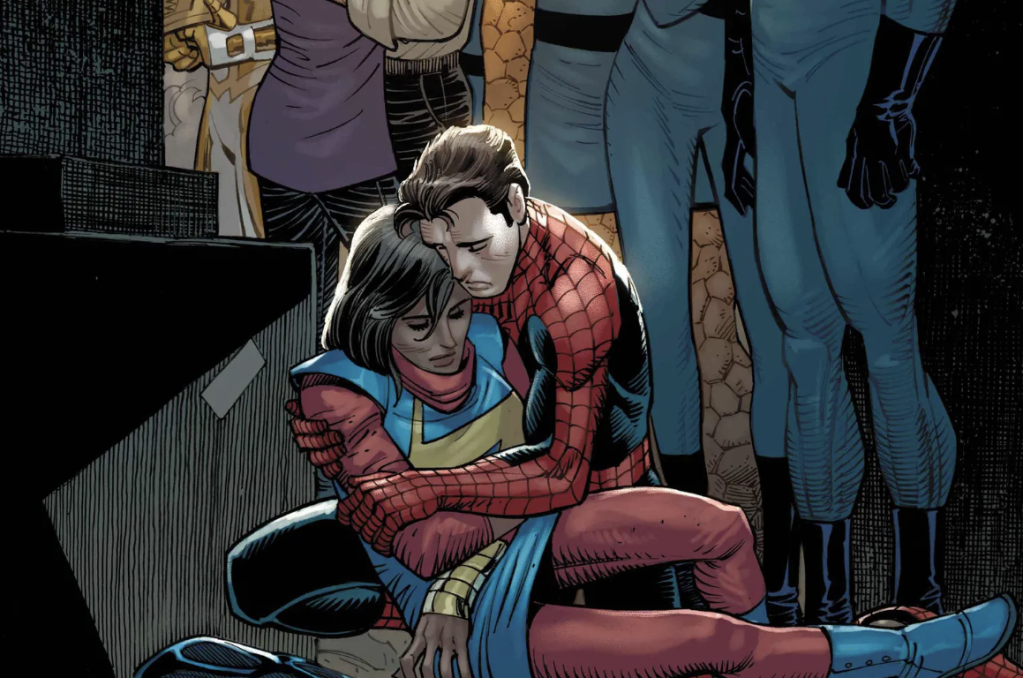
Leave a comment